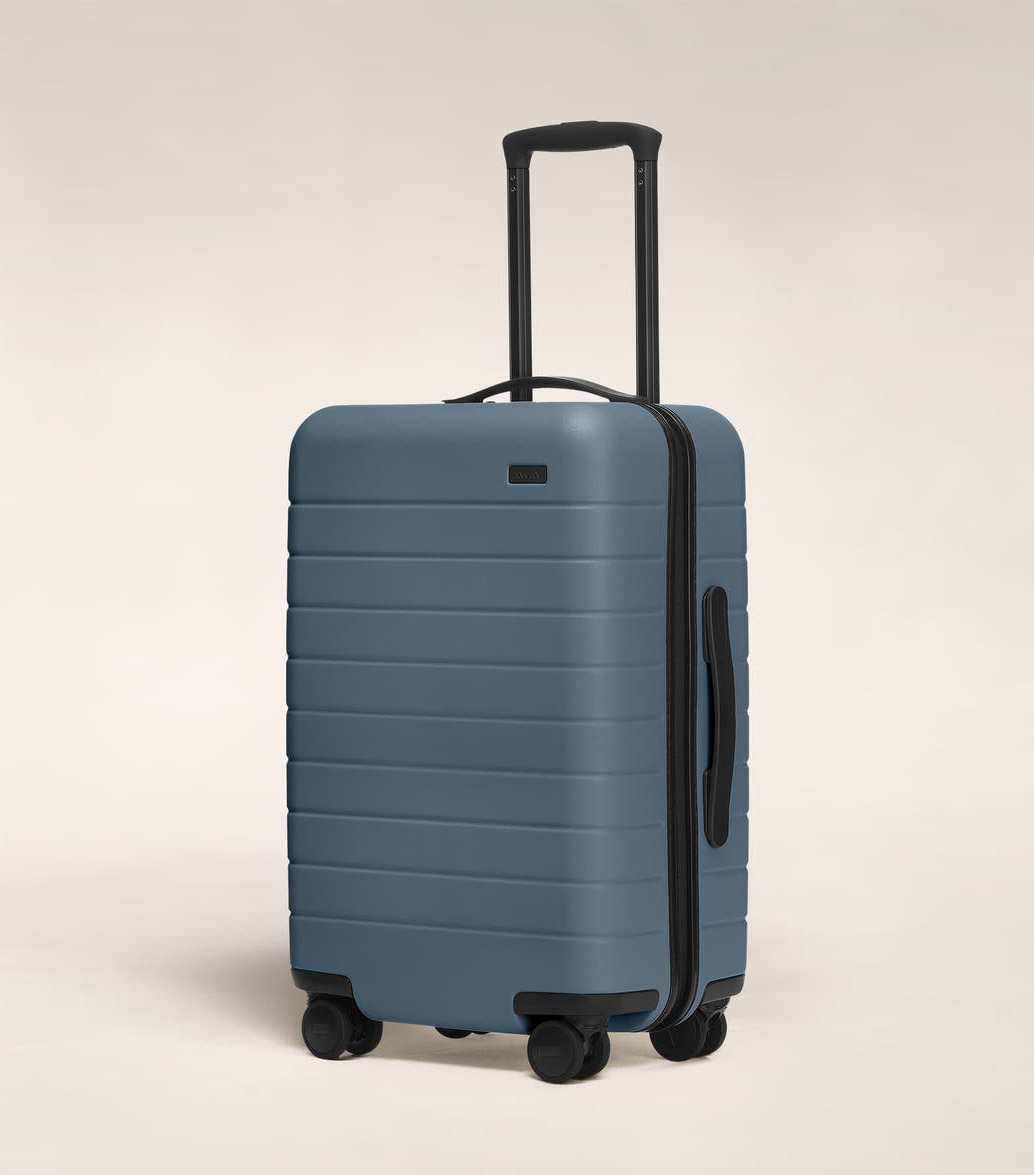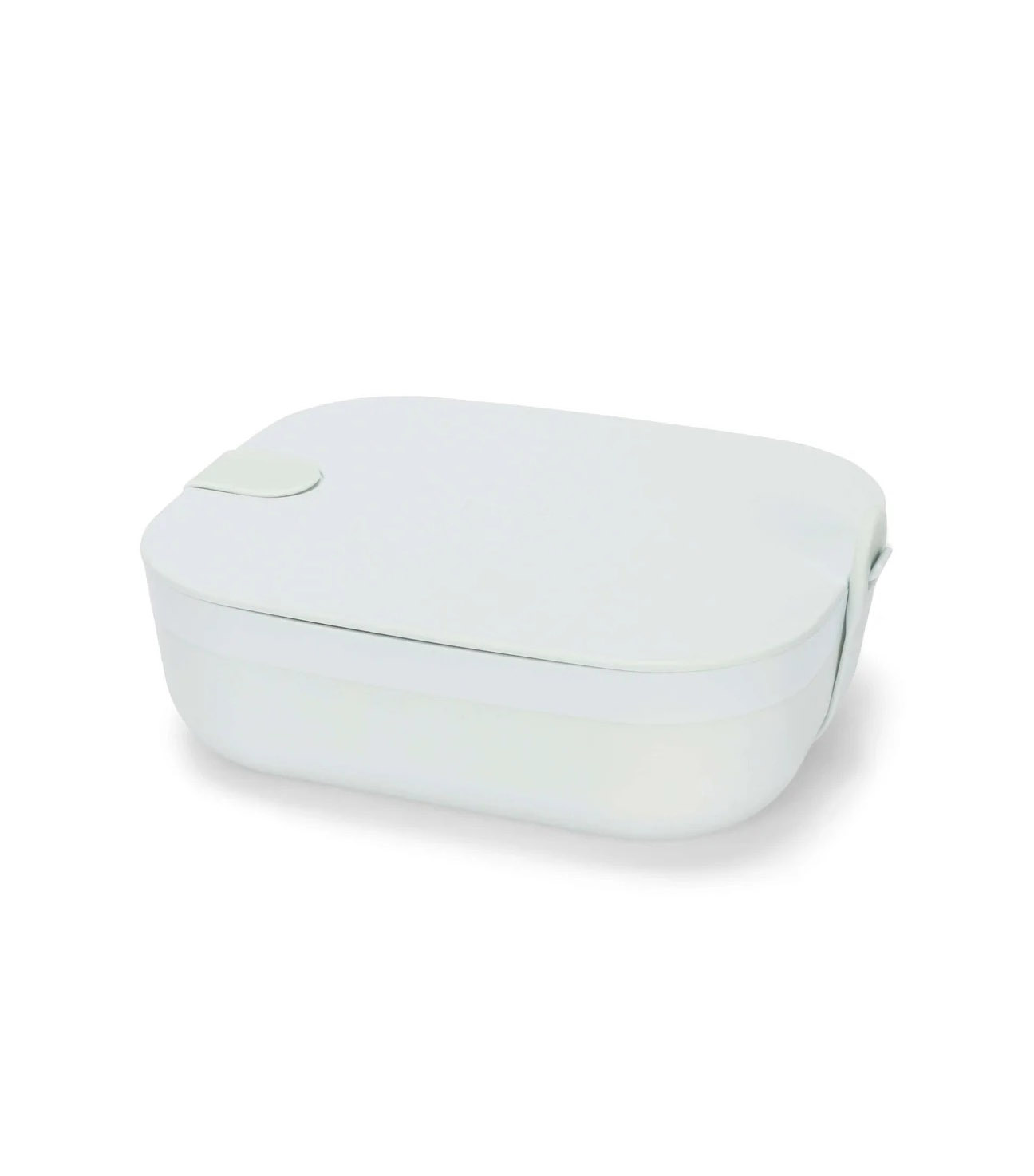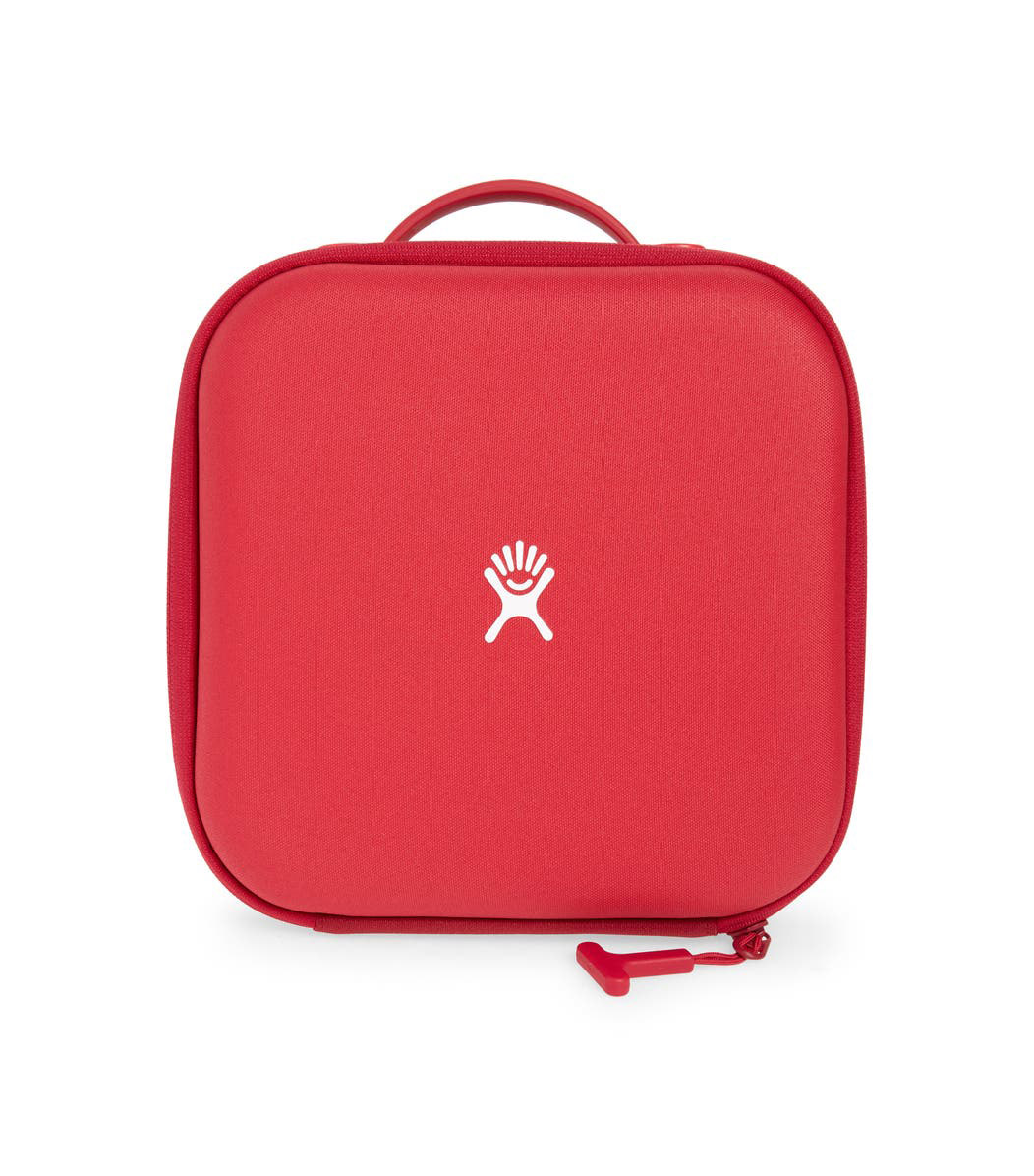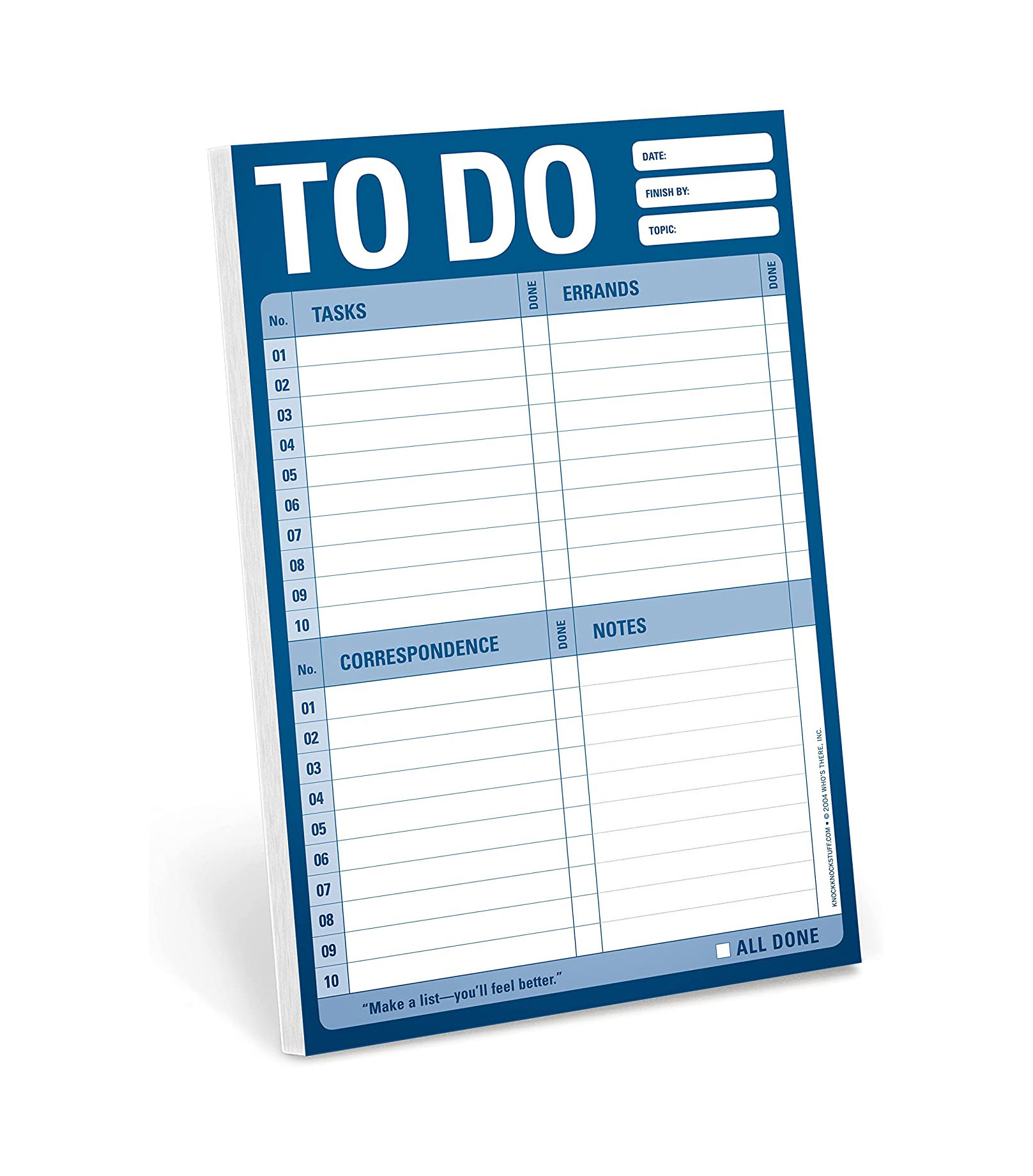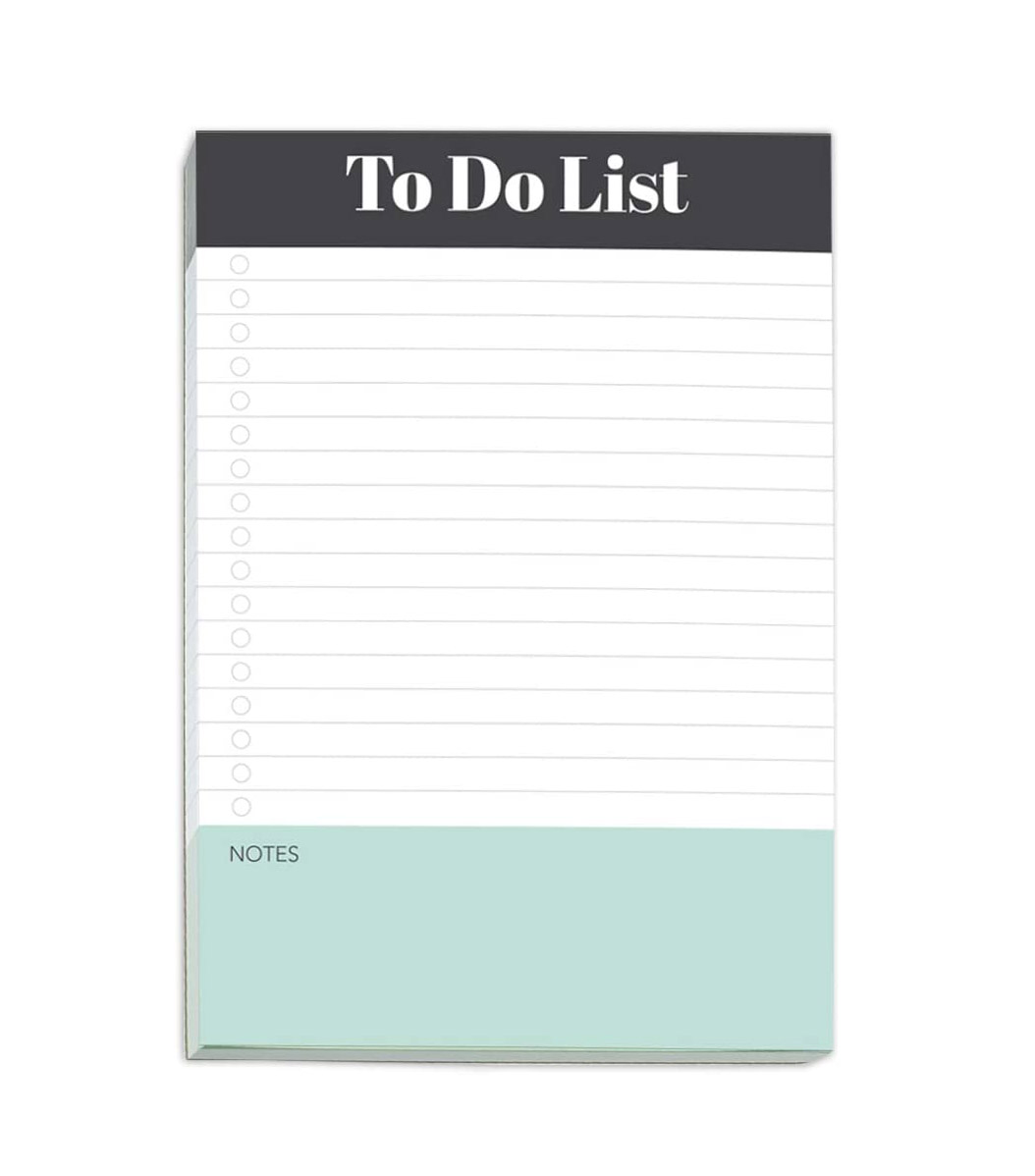11 Things to Do If You're Dealing With Anxiety at Work

Work can be stressful whether you're working remotely or going to the office. There's typically an expectation to not only excel at your job but also be perceived in a positive light by colleagues whether in person or in a Zoom meeting. As a result, this can cause feelings of anxiety and uncertainty for a majority of people. It's safe to say that a little anxiety is healthy and even normal because it keeps us on our toes and challenges us, but when it begins to hinder everyday tasks, it can be problematic.
When it comes to learning how to deal with anxiety at work, there are no better people to ask than therapists. Not only do they work with clients daily about anxiety and stress management, but they also have some tips and tricks that can help to take the edge off, whether that's before a big meeting or during that post-lunch slump when those anxiety supplements and essential oils aren't working.
Without further ado, keep on reading to find out 11 therapist-approved tips, from meditation to break time, that'll help you relieve some anxiety at work and in other facets of your life. (Note: While these tips might be helpful, this should not be used as a replacement for seeing a therapist. A therapist can provide you with personalized insights and information on how to best relieve your anxiety symptoms in the workplace and beyond.)
1. Take Your PTO

You don't win any awards for not taking your paid time off, so why let it go to waste. When your anxiety at work is high, it is worth it to take a mental health day.
"We all like to keep a little nest egg of PTO for emergencies, but it's also important that we utilize it as well," says Kristen Gingrich, LCSW, certified alcohol and drug counselor. "This goes for things like mental health days if your anxiety is high to the point that you are struggling to do your job. These days allow you to take care of yourself!"
2. Check In With Yourself During the Day
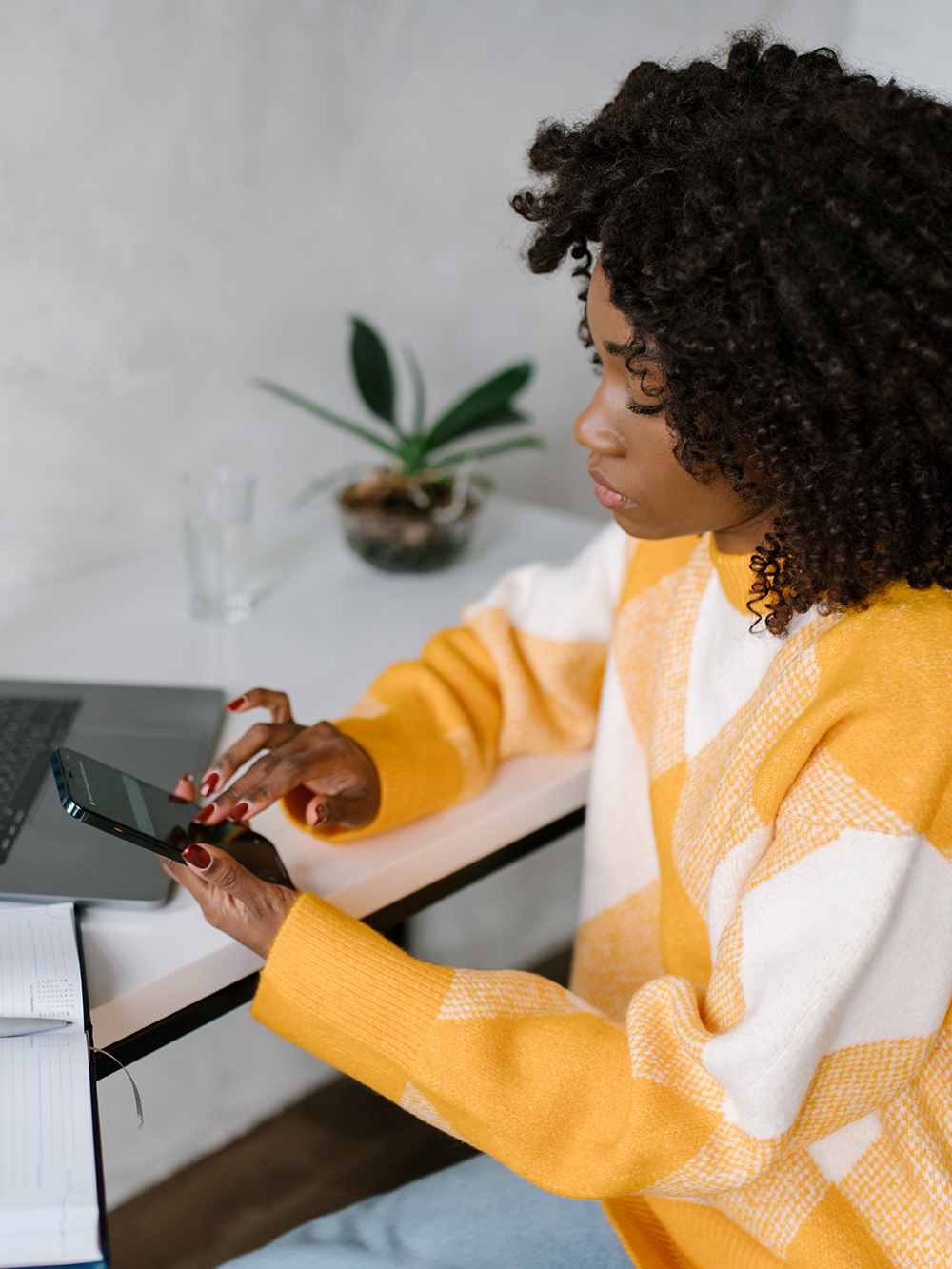
When your schedule is filled with back-to-back meetings, it's easy to put yourself on the back burner. "Make sure you are checking in with yourself throughout the day. A lot of time our anxiety sneaks up and increases without us knowing," says Gingrich. "If we do check-ins throughout the day, it allows us to track and possibly use coping skills to help make it so our anxiety does not take over."
3. Practice Diaphragmatic Breathing

You've probably heard of diaphragmatic breathing before, so why not use it when anxiety pops up at work? "Our mind can't fully relax if our body isn't relaxed since there's a strong mind-body connection," says Kristen Casey, PsyD, clinical psychologist and insomnia specialist. "If you struggle calming your anxiety-related thoughts, calming your physical body will be helpful with exercises like diaphragmatic breathing."
Here's how to do it:
Breathe in through your nose, hold it for a few seconds, and out through the mouth.
"We want the air to go into our belly (aka our diaphragm) to ensure the breath is a larger one," says Casey. "This strategy takes a lot of practice, and I suggest practicing at a neutral time so that your body is very well prepared to use this during a time of stress or heightened anxiety."
4. Try Thought Interruption

It's easy to get distracted at work or caught up on a mistake you made in a meeting hours ago that's not particularly helpful in the present moment—we've all been there. However, thought interruption in some instances can be helpful in dealing with anxiety.
"If you notice a thought that's causing anxiety, ask yourself if this thought is helpful. It may be a valid and true thought, and it might not actually be helpful. It might exacerbate your anxiety," says Casey. "If you've already thought about this specific thought before, thinking about it again may not yield any more solutions. Gently validate yourself, ask yourself if the thought is helpful, and then try to distract yourself. Thinking about this specific thought may not be a good use of time, even though your brain wants to go there."
5. Ground Yourself Before Work

Technically, grounding exercises can be done anywhere, but to help start the day on a more positive note, try to give yourself enough time to ground yourself before a shift, whether that's 10 or 30 minutes.
"Grounding practices help alleviate anxiety through calming your mind and body and giving you a sense of safety," says Grace Mackey, LPC, psychotherapist and founder of Elevate Therapy Wellness. "One grounding technique is going outside and standing barefoot on the ground. Grass is best if it's available because it just feels so good and connects you to the earth. Stand for at least five to 10 minutes while you take deep breaths focusing on the exhale."
6. Give Your Anxious Thoughts a Name

Anxiety with work often comes with thoughts that we aren't capable enough or that we're going to mess up. It's easy to get frustrated that these thoughts keep popping up because they usually are thoughts that are extreme or don't make sense.
"Giving intrusive thoughts a name can help you separate them from your identity. We often identify with these thoughts as being who we are, when in fact, our thoughts do not define us," says Mackey. "Instead of trying to push them away, acknowledging the thoughts by giving them a name and separating them from who we are allows them to become softer and not so loud."
7. Set Hard Boundaries

You can always just do "one more thing" before closing the laptop or stepping away from work. However, it's important to create hard boundaries, especially when working from home so there's a form of work-life balance.
Once you leave the office, set your phone to focus mode or do not disturb. It isn't negligent; it's healthy," says Crystal Britt, a registered associate clinical social worker. "By separating your work time from your home time, you help to create routine and clear space in your mind."
8. Take Breaks

This might seem self-explanatory, but it's easy to work for hours on end and straight through lunch when there's so much to get done.
"Honor these like you would honor when you need to pee—you don't put it off; you tend to that right away," Britt says. "If you're used to skipping lunch, start small by making yourself take 10 minutes (at least) to walk outside. Regularly taking scheduled breaks creates space and takes off pressure, equivalent to loosening the valve on an Instant Pot."
9. Journal During Breaks

While it may seem easier to go to a co-worker when frustrations arise, try to journal first and see what happens. "Even if it's just in your phone notes, getting it out of your brain and down into sentences can help immensely," says Britt. "When we talk to friends about frustrations first, we tend to get into an echo chamber and just run the same messages back and forth, creating more frustration."
10. Try Tapping
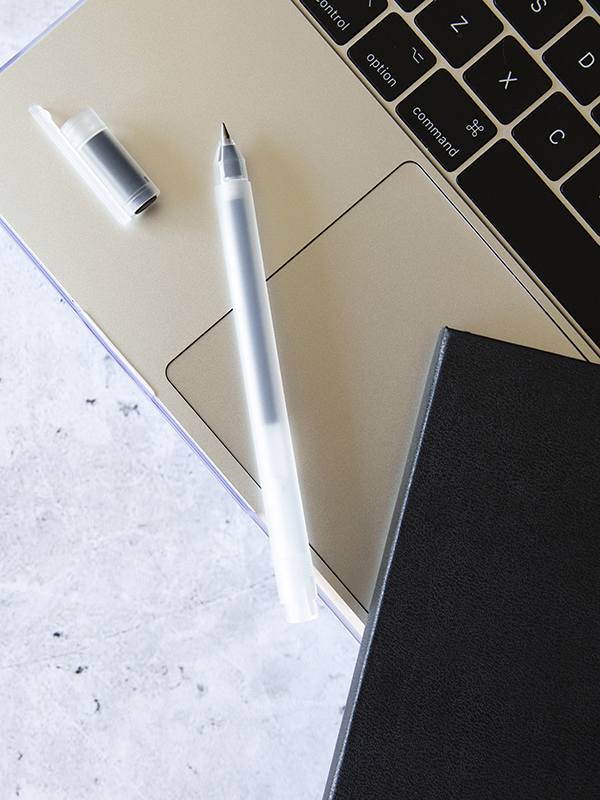
Typically, when experiencing anxiety especially at work, it can feel like you are trapped or need to release. This is the perfect time to try tapping. "Tapping is a technique that asks us in the moment of anxiety to start to gently tap your forehead or around your face. You can also put your hands in a hugging motion and begin to tap each arm. This helps us to release some of that anxious energy," says Naiylah Warren, LMFT, therapist and clinical content manager at Real. "If you want to add to the benefits, tap while silently repeating validating and soothing affirmations, like 'I am okay, I am safe, I am allowed to feel how I feel right now.' This can be done in between tasks, at your desk, or on the move."
11. Stay Organized With a To-Do List

Throughout your day, you might find yourself getting inundated with many small tasks that are "saved for later." However, as the day goes on, that list gets longer and longer; before you know it, you may feel a lot of tension and anxiety.
"A great technique to combat this is to maintain a running to-do list. So every time a request that you can do in the moment comes up, write it down, remove completed tasks, etc.," says Warren. "Periodically, adding and crossing off your task throughout your workday can help you track your process, relieve you of the stress of having to remember it all, and help you better see how to delegate these tasks or time."
Next, 11 Stress-Relieving Workouts to Try When You're Overwhelmed
This article is provided for informational purposes only and is not intended to be used in the place of advice of your physician or other medical professionals. You should always consult with your doctor or healthcare provider first with any health-related questions.
